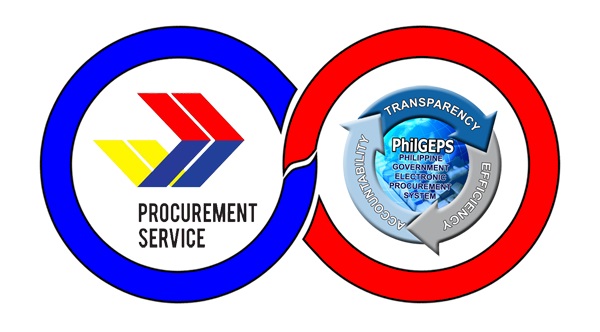
“The Procurement Service (PS) is not the Department of Budget and Management (DBM). It is an agency separate and distinct from the DBM,” PS Executive Director Bingle Gutierrez said. This is in response to recent allegations hurled against PS and the DBM by House Majority Leader Rolando Andaya Jr., calling the DBM a “super-bidding body” for the PS’ procurement of P198.8 Billion worth of government projects.
“By virtue of LOI 755, the PS is merely attached to DBM for purposes of administrative supervision. Hence, the DBM does not interfere with the day-to-day operations of the PS, especially in the conduct of bidding,” Executive Dir. Gutierrez added. “The Bids and Awards Committee conducts the bidding without any approval or clearance from the DBM. It is independently conducted, consistent with the provisions of the Procurement Law.”
Procurement of non-common goods and projects is not just being done by the PS now. PS records show that it has been undertaken by the PS for several years, including the time when Cong. Andaya was DBM Secretary, when the PS also conducted end-to-end projects. End-to-end refers to the awarding, contracting, and implementation of projects.
PS records also show that during the time of Cong. Andaya as DBM Secretary, the PS procured for the Department of National Defense non-common use projects such as combat boots, individual load bearing equipment, and battle dress attire. This is in response to his claim that the PS only procured common-use supplies during his stint as DBM Secretary.
“PS has started veering away from this practice of ‘end-to-end’ since mid-2017, in light of recent procurement reforms, where the role of PS ends after the recommendation to award (RTA) is made to the heads of these agencies as Head of the Procuring Entity (HOPE). An example of a project where PS provided the agencies with an RTA is the Capacity Enhancement of Mass Transit System in MM LRT Line 1: South Cavite Extension Project,” Exec. Dir. Gutierrez noted.
Legal basis of the PS as servicing agency for non-common or specialized goods, consulting services, and infra projects
Meanwhile, in response to the issue of the PS’ procurement of P198.8 B worth of goods and services, Government Procurement Policy Board (GPPB)-TSO Executive Dir. Atty. Rowena Candice Ruiz added, “PS is authorized to conduct the procurement for non-common use items of various government agencies, through the IRR of RA No. 9184 or the Procurement Law”.
Section 7.3.3 In order to hasten project implementation, Procuring Entities which may not have the proficiency or capability to undertake a particular procurement, as determined by the Head of the Procuring Entity (HoPE) concerned, may outsource the procurement tasks by:
a) Requesting other Government of the Philippines (GoP) agencies to undertake such procurement for them, through the execution of a memorandum of agreement containing specific arrangements, stipulations and covenants, in accordance with government budgeting, accounting and auditing rules;
Agencies which may not have the procurement proficiency are the ones that request for the assistance of the PS in the conduct of the bidding process, so as not to delay the provision of public services. Notably, the planning, including costing and technical specifications, of the projects are undertaken by the implementing agencies themselves. The technical experts from the implementing agencies are made part of the technical working group and provisional member of the PS’ Bids and Awards Committee. This is to ensure full transparency in the bidding process.
Hence, the bidding of the P198.8 billion government contracts is legally sanctioned. The bulk of which (PHP 166.5 billion or 83.8%) were awarded, contracted and are being implemented by the agencies themselves, not by the PS, because the PS is NOT an implementing agency.
Reforms in the procurement system
Since the start of the Duterte administration, reforms have been introduced in the procurement system and processes to ensure a faster and efficient public service delivery. Some of these are the following:
- The procurement system has been upgraded through the launch of Philippine Government Electronic Procurement System (PhilGEPS) Version 1.5, which incorporated a more advanced operating system that features a virtual store with e-payment system.
- The procurement capacity of the PS was enhanced with the establishment of 10 full-time Bids and Awards Committees, from the previous 3 part-time.
- Procurement processes were streamlined and the procedure was integrated to ensure accountability and transparency in the bidding process.
- The acquisition of government-owned motor vehicles is now under a centralized procurement system, following the directive issued through Administrative Order No. 14. This ensures that the acquisition of government motor vehicles will be guided by the principles of functional suitability, affordability, and practicability.
In light of these recent procurement reforms, the PS generated a total of P18.25 Billion worth of savings for the government from all its bidding activities in 2018.
(30)
R No. 2019-16

